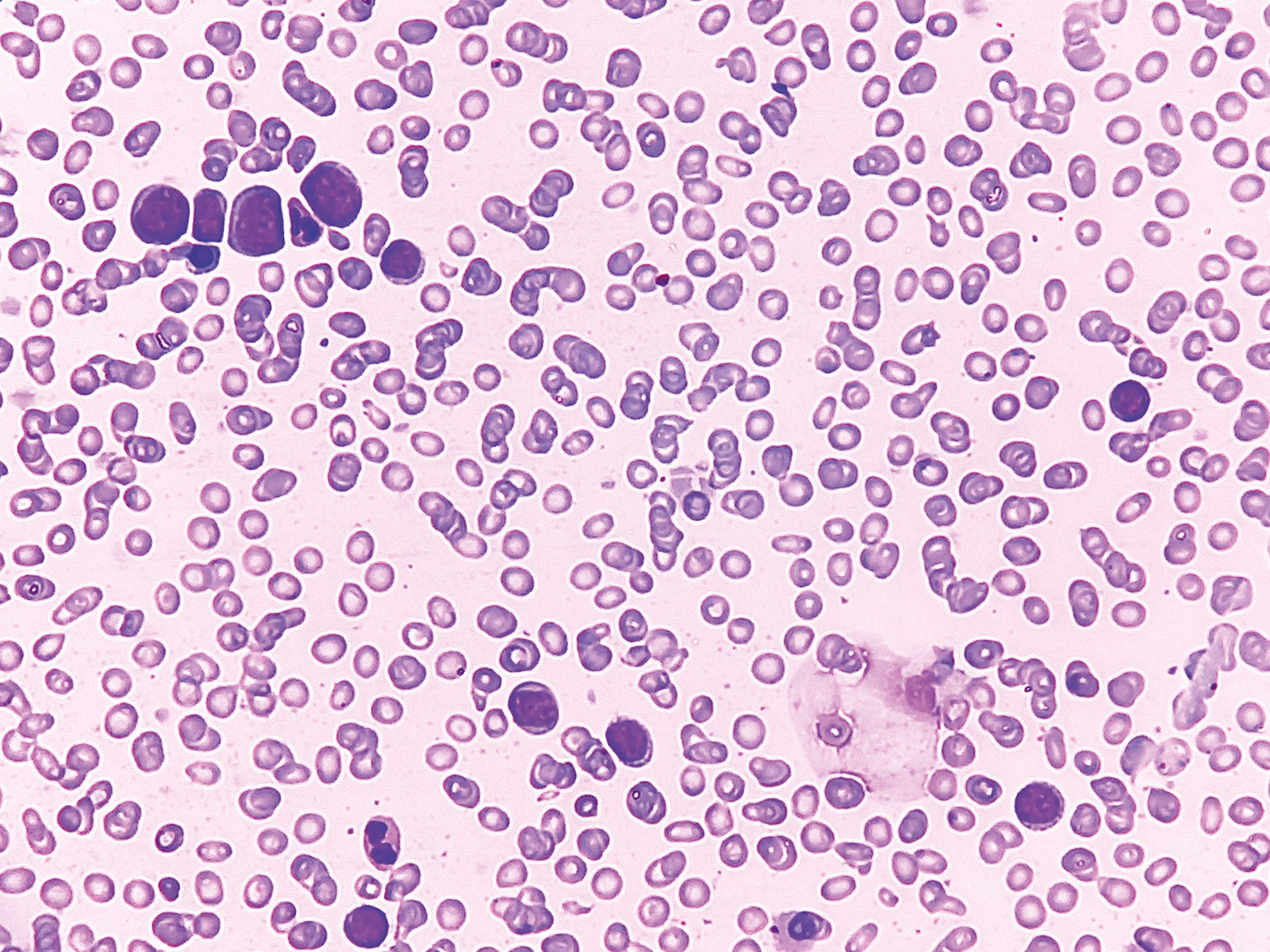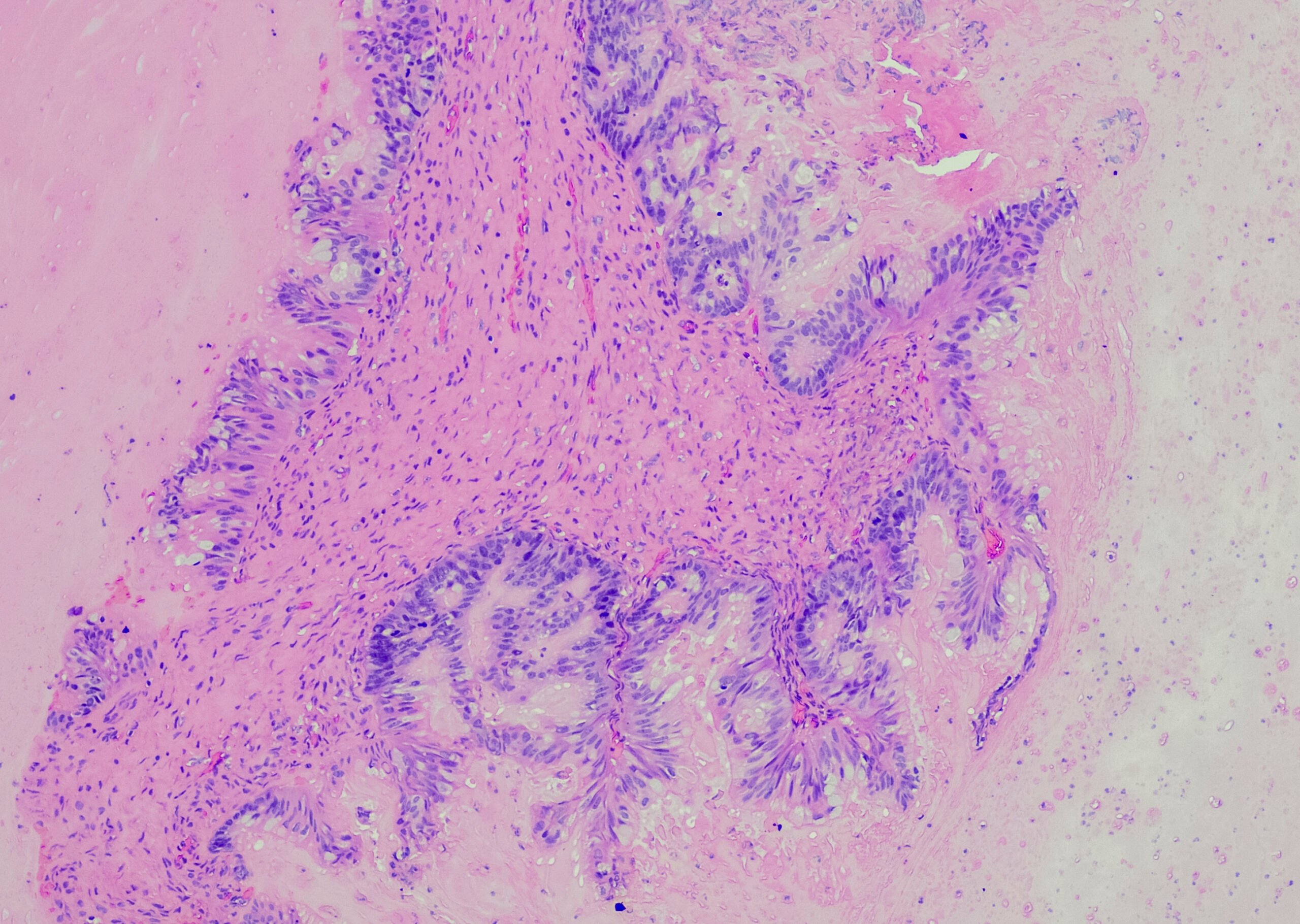Acute myeloid leukemia (AML) is often classified as an oncologic emergency leading to rapid evaluation and treatment in the hospital. Previous studies reported that time from diagnosis to treatment (TDT) had no impact on outcomes, but these data were limited to patients already intensively pretreated and/or not living in the US. A new study in adults with newly diagnosed AML, presented at ASH, comes to new conclusions.
Autoren
- Birke Dikken
Publikation
- InFo ONKOLOGIE & HÄMATOLOGIE
Related Topics
You May Also Like
- Diabetes mellitus
Treatment of comorbidities in older people
- Artificial intelligence
Dr. ChatGPT: Large language models in everyday clinical practice
- Subtyping as the key to precision medicine
Molecular diversity of the PDAC
- Multiple sclerosis
Vitamin D as an adjuvant in multiple sclerosis: statistical success and clinical limitations
- From symptom to diagnosis
Abdominal pain – internal hernias
- Artificial intelligence for COPD
A new era of personalized treatment
- Multiple sclerosis
Spirulina as adjuvant therapy? Reduction of cytokines and inflammation
- IBD and SARS-CoV-2











